
In yoga, there is a technique called ISwadhyaya, i.e., self-study. Generally, we don’t do such kind of an introspection correctly and improve ourselves. We are thinking all the time, but our thinking is directed towards money, pleasure, some responsibility, etc. It is not directed at self-improvement. To continuously recognize some of our defects and set up certain healthy habits to improve them, and pursue them, like an exercise, is something we hardly do. We do it as far as material things are concerned. We think of how to make money. We do remember and record such things as some dinners to attend, pictures to see, and so on. If I am personally given to anger, how I systematically eradicate it, is something I don’t work on.
Diese Geschichte stammt aus der February 2022-Ausgabe von Yoga and Total Health.
Starten Sie Ihre 7-tägige kostenlose Testversion von Magzter GOLD, um auf Tausende kuratierte Premium-Storys sowie über 8.000 Zeitschriften und Zeitungen zuzugreifen.
Bereits Abonnent ? Anmelden
Diese Geschichte stammt aus der February 2022-Ausgabe von Yoga and Total Health.
Starten Sie Ihre 7-tägige kostenlose Testversion von Magzter GOLD, um auf Tausende kuratierte Premium-Storys sowie über 8.000 Zeitschriften und Zeitungen zuzugreifen.
Bereits Abonnent? Anmelden
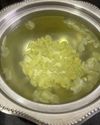
Moringa Flowers
Edible flowers? Yes! Ayurveda mentions many edible flowers. One of them is the Moringa flower.

You Gain Some, You Lose Some
Recently, we the Chennaites, got the opportunity to get blessings from His Sharada Peetam.

A Healthy Body
An incident from Swami Vivekananda's Life
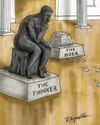
A Man Himself is Responsible for His Deeds
Renouncing doer-ship
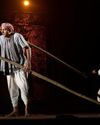
The Unstructured Drama of Life
Go for the silent roles

Positive Thinking and Meditation
A life-raft for seniors
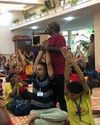
Soul Connects
The Yoga Institute’s Reach Out Camp

The Wood Wide Web
As a kid, Suzanne Simard grew up in the rainforests of British Columbia and she normally spent her summers visiting forests around and exploring them along with her family, which included a curious dog named Jiggs.

More About Dharma and Duty
Considering One's Own Background (Part 2)
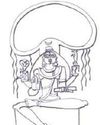
Devaluing Your Value
The lure of more